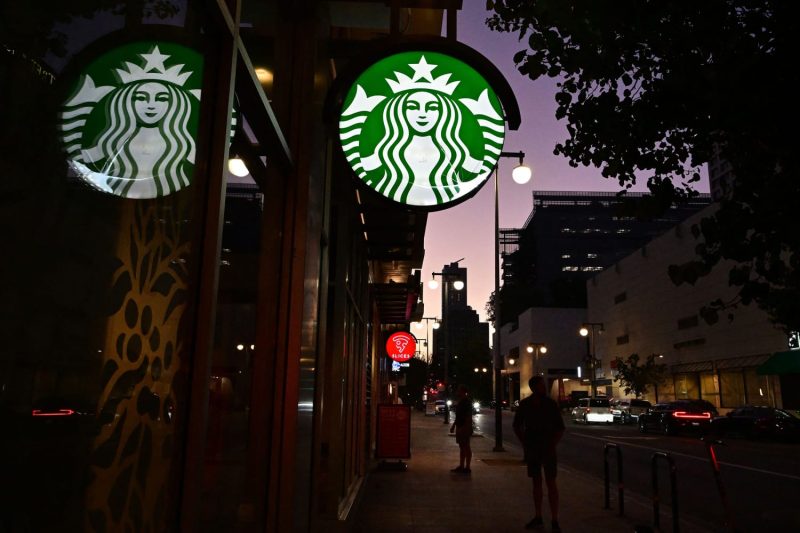Body of Article:
At the heart of this legal battle is a former employee of Starbucks, who has found himself in a situation that accentuates the challenges of reconciling workplace rules with real-life emergencies. The former barista is suing the multibillion-dollar corporation, claiming he was wrongfully terminated after intervening in a robbery attempt at his store.
Matthew Uhde, a twenty-seven-year-old former employee, was working his usual shift at the Starbucks location in Seattle when a man entered the store, brandishing a knife and demanded money. Despite the potential threat to his personal safety, Uhde chose to act. He disarmed and detained the would-be robber until law enforcement arrived, an act he believes prevented what could have been a disastrous event.
Instead of being hailed as a hero by his employers, Uhde was fired, and in response, he has initiated a lawsuit against Starbucks. The coffee chain allegedly listed violating company policies as the cause for his termination, a reason Uhde and his legal representation believe is unjust considering the circumstances.
Starbucks, like many other corporations, has policies in place that discourage employees from engaging with criminals during attempted robberies. This protocol is intended to protect employees and customers by avoiding escalation of potentially violent situations. However, Uhde’s case presents an interesting conundrum. He chose to act under circumstances that suggested a delay could lead to harm, contending that his actions were necessary to ensure the safety of himself and the customers present.
Exploring the specifics of the event highlights the dilemmas employees often face in such situations. On one hand, turn a blind eye and follow company rules, or act heroically, risking their job and personal safety. Trying to decide on the right course of action in a split second, when lives are potentially at stake, is truly challenging.
Uhde, in this case, has received an overwhelming amount of public support, further complicating the narrative for Starbucks. Supporters argue that Uhde was doing what he felt necessary at the moment to protect staff and customers, and should not have been penalized for his actions under such extreme circumstances. Consequently, the sentiment currently surrounding this event poses a significant public relations challenge for Starbucks, a company that champions itself on its commitment to its employees’ welfare.
His legal team is in the process of building a reliable case that demonstrates Uhde’s termination was unjust and directly linked to his preventative action during the robbery attempt. The court’s ruling will inevitably create a precedent in law that might influence how companies draft their safety policies and how they respond to incidents where employees act heroically.
The Starbucks case underscores the delicate balance that companies must strike between enforcing policies aimed at ensuring employee and customer safety and recognizing acts of heroism by their employees. It also highlights the complexities in defining what constitutes wrongful termination in situations where company policy and human instincts cross paths amidst intense situations.
As the case continues to unfold, it will undoubtedly cast light on the complex scenarios faced by employees following company policies and their reactions during emergencies.




